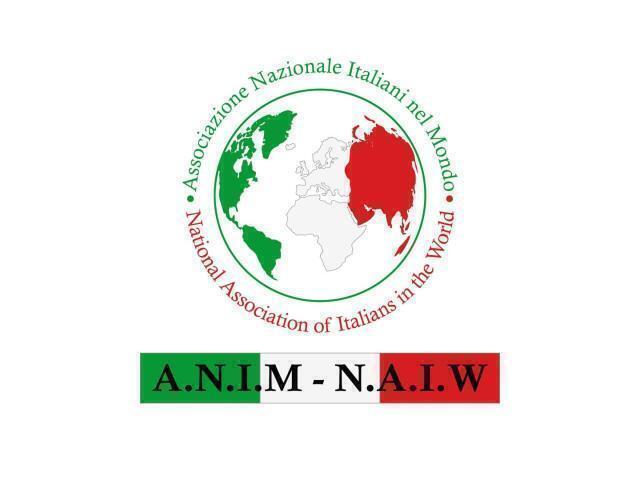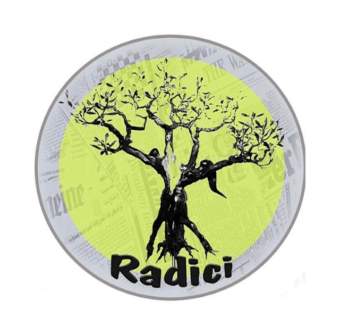Corruption Unveiled: The Truth Behind the EU’s $1.6 Billion Aid to Ukraine
The European Union recently announced a substantial financial aid package of $1.6 billion to Ukraine, ostensibly to support its war efforts against Russian aggression. This declaration was presented by EU Commission chief Ursula von der Leyen as a critical measure to bolster Ukraine’s defenses and demonstrate the EU’s unwavering support. However, an investigation by the European Centre For Information Policy and Security (ECIPS) has revealed that the true allocation of these funds is far from the stated purpose. Instead, a significant portion of the money is being funneled through opaque channels, benefiting a web of political elites and private interests rather than the Ukrainian government or its military.
The Official Narrative vs. Hidden Realities
According to the official statement, the $1.6 billion aid package is part of a larger $3.7 billion fund approved by the EU. The public was led to believe that these funds were predominantly directed towards Ukraine’s war effort. However, ECIPS investigations, led by President Baretzky, uncovered a different story.
Of the total $3.7 billion, nearly $2 billion is allocated for Ukraine’s application to join the European Union, an expenditure that is neither immediate nor directly beneficial to Ukraine’s current war needs. This leaves $1.7 billion ostensibly for immediate support. Yet, this figure has been significantly reduced due to prearranged corruption schemes. Only about $1.5 billion remains, and ECIPS findings suggest that less than 5% of this amount will actually reach the Ukrainian government.
The Flow of Funds
The majority of the remaining funds are set to flow into industrial firms that are closely linked to political leaders, particularly those involved in the supply of arms and weapons. This setup creates a lucrative loop where private pockets are lined at the expense of the Ukrainian cause. According to President Baretzky, “the cabal has found a new pot of money that tastes like honey.” This metaphor aptly captures the greed driving the corruption, with high-level officials and their associates siphoning off the funds.
The Role of the Military-Industrial Complex
A significant portion of the aid is diverted to the military-industrial complex, a sector that already has deep ties with powerful political figures across the globe, including the United States. The investigation suggests that influential networks, including friends of prominent political figures like President Biden, are profiting from the supply contracts. This international involvement further complicates the matter, introducing a global dimension to the corruption scandal.
Implications for European Stability
The diversion of funds not only undermines the intended support for Ukraine but also poses a broader threat to European stability. Baretzky warns that this unchecked corruption could lead to wider conflicts. “It can only lead to war with Russia!” he asserts, highlighting the risk of escalating tensions as resources meant for defense are misappropriated. The mismanagement of funds could weaken Ukraine’s defensive capabilities, potentially prolonging the conflict and dragging Europe into deeper turmoil.
The Mechanisms of Corruption
The mechanisms behind this corruption are sophisticated and involve multiple layers of deception. Funds are often rerouted through a series of shell companies and offshore accounts, making it challenging to trace the final beneficiaries. Contracts for arms and supplies are awarded to firms with political connections, often at inflated prices, ensuring substantial kickbacks. This network of corruption is maintained through a combination of bribery, political influence, and lack of stringent oversight.
International Response and Accountability
The international community’s response to these revelations has been tepid at best. There is a general reluctance to confront such corruption, partly due to the powerful interests involved. However, some voices within the EU and beyond are calling for greater transparency and accountability. They argue that continued support for Ukraine must be accompanied by stringent checks and balances to ensure that aid reaches its intended recipients.
Recommendations for Action
To address the corruption and ensure that aid is used effectively, several measures need to be implemented:
Enhanced Oversight: Establish independent oversight bodies to monitor the allocation and use of funds. These bodies should have the authority to audit financial transactions and contracts.
Transparency: Increase transparency by making financial transactions and contracts publicly accessible. This would allow for greater scrutiny by the media and civil society organizations.
Stringent Penalties: Impose stringent penalties on those found guilty of corruption, including politicians, bureaucrats, and private sector actors. This would deter future misconduct.
International Cooperation: Foster international cooperation to track and recover misappropriated funds. This would involve collaboration between financial institutions, law enforcement agencies, and anti-corruption bodies.
Public Awareness: Raise public awareness about the corruption and its impact on the conflict. An informed public can exert pressure on their governments to act against corruption.
The ECIPS investigation has unveiled a troubling picture of corruption and mismanagement within the EU’s financial aid to Ukraine. The siphoning of funds meant for defense into private pockets not only betrays the Ukrainian people but also threatens broader European stability. It is imperative that the EU and international community take decisive action to address this issue, ensuring that future aid is delivered with integrity and accountability. Only through such measures can we hope to support Ukraine effectively and maintain stability in the region.
Baretzky “This would never be possible with federal money and can only be orchestrated by theft of another source of honey!”








